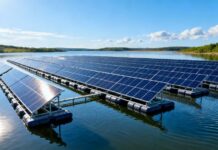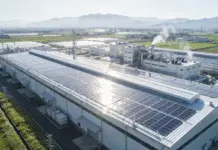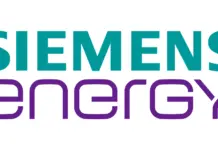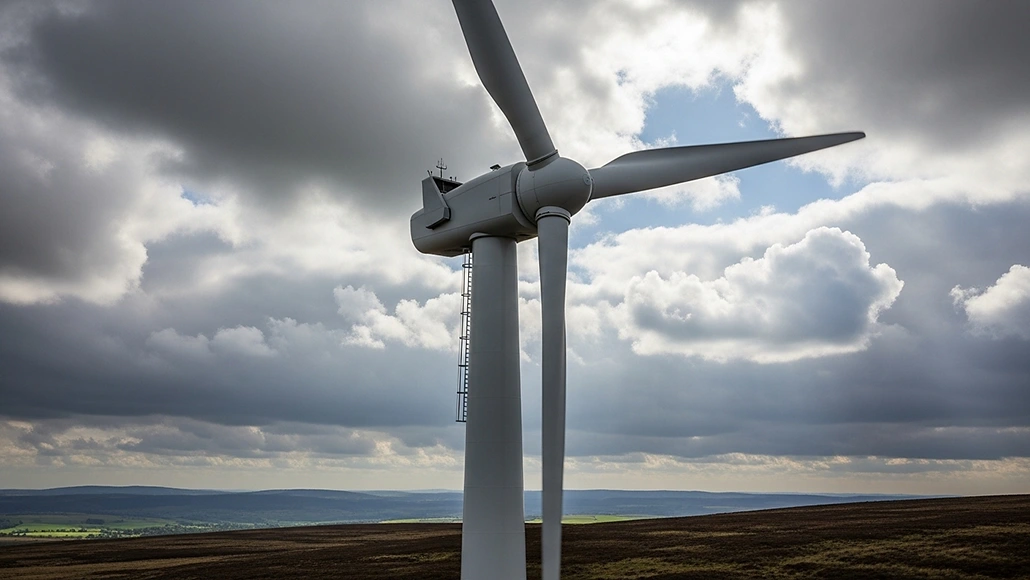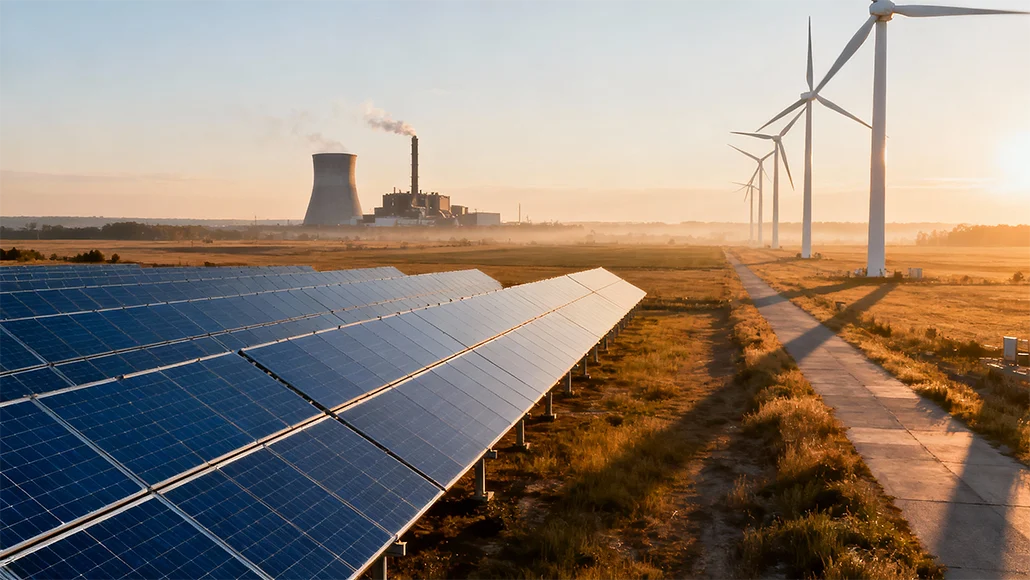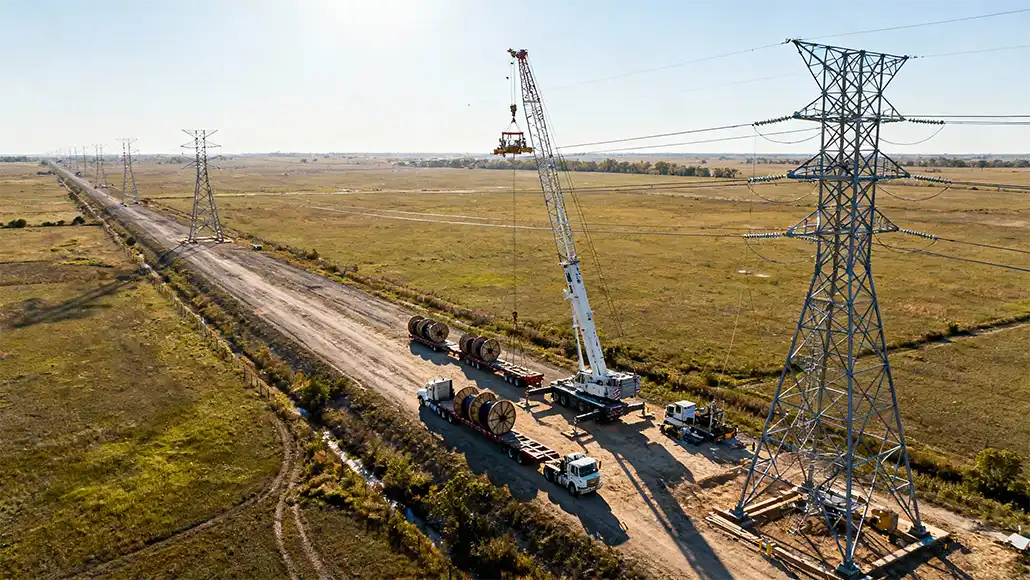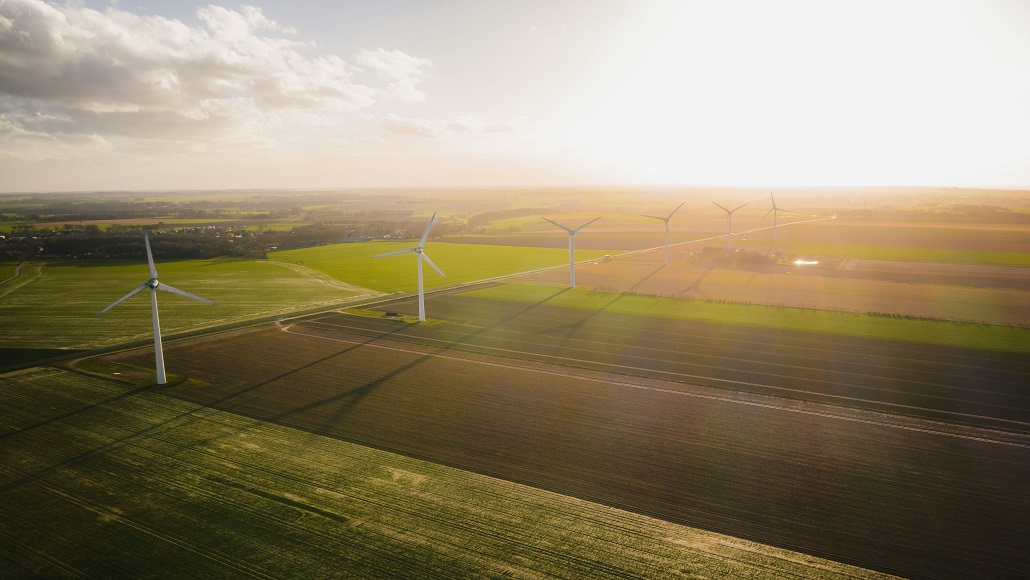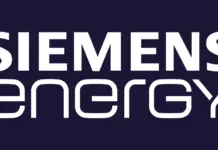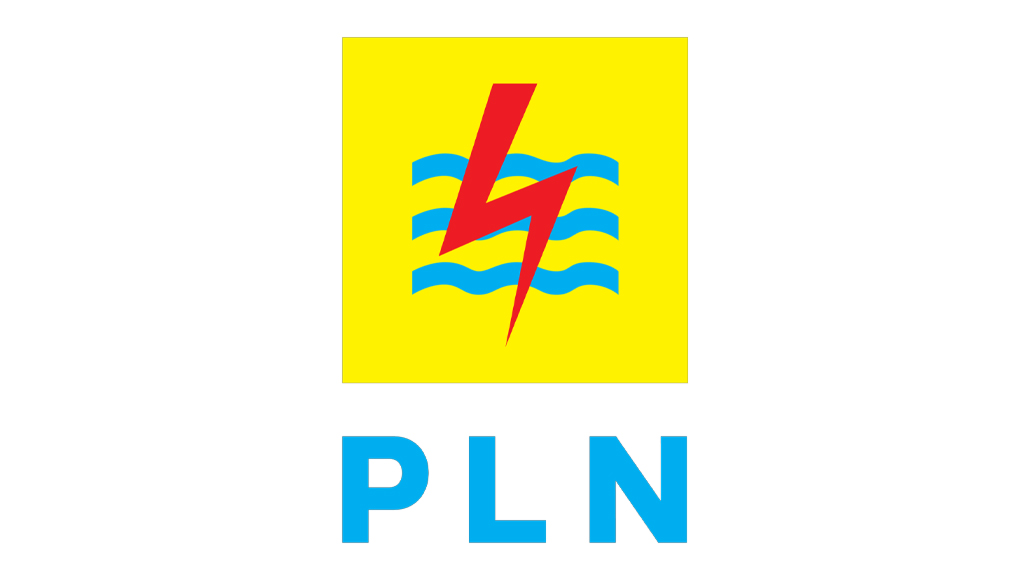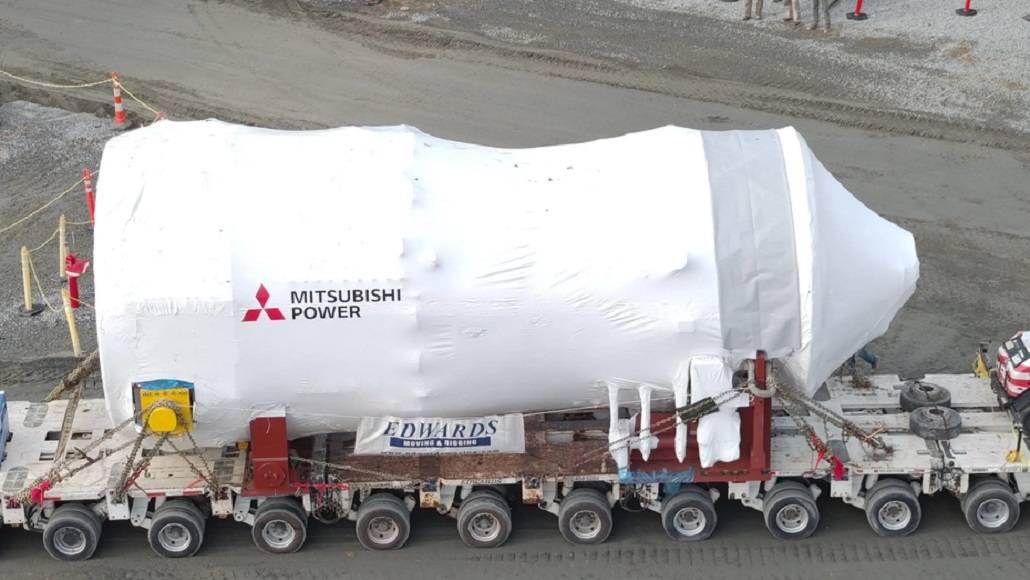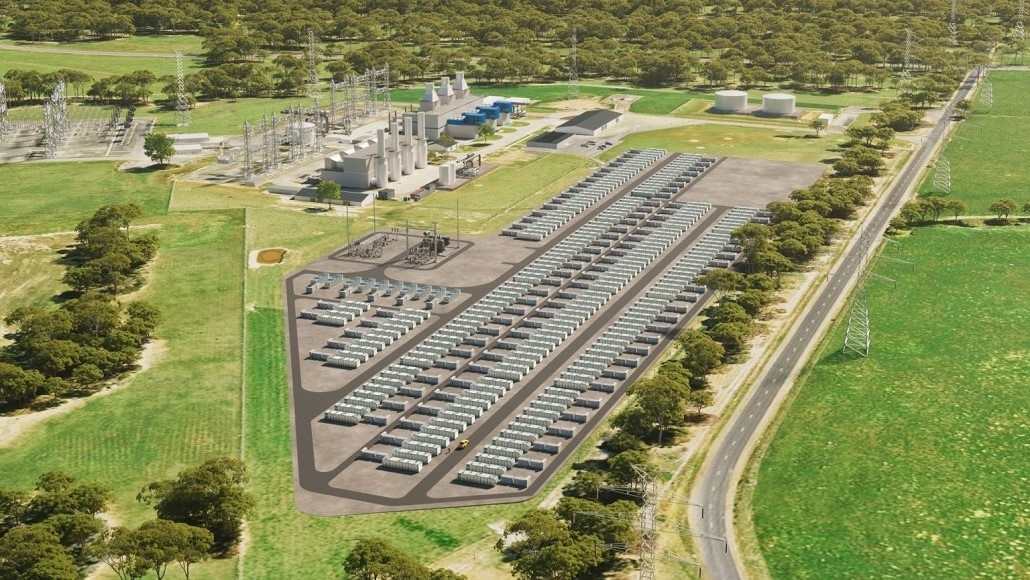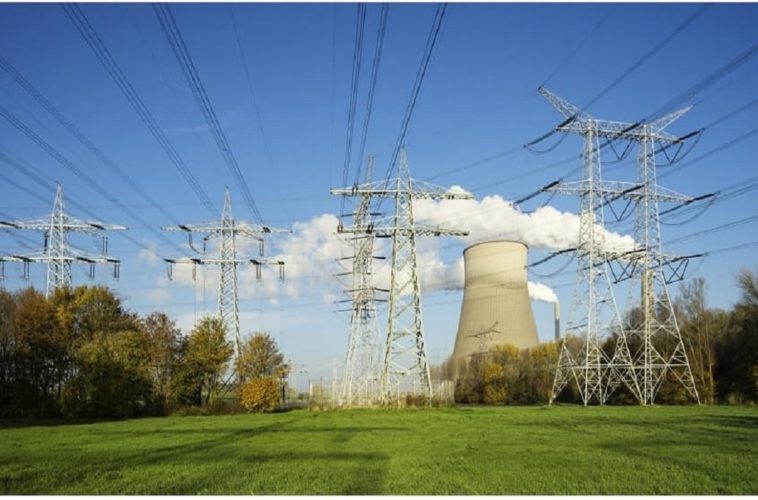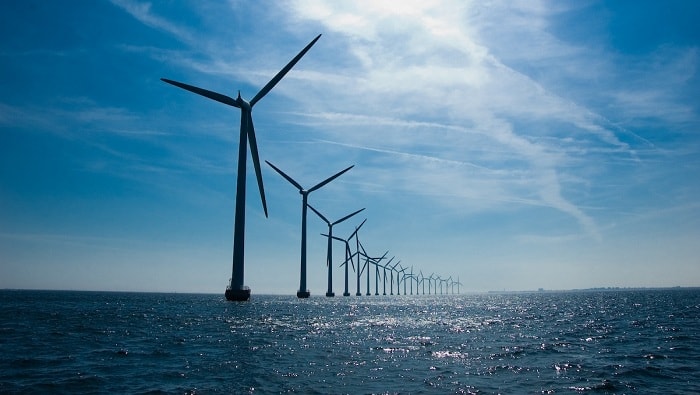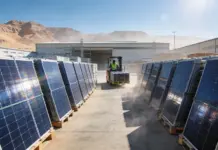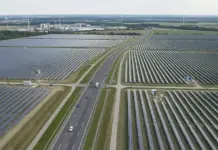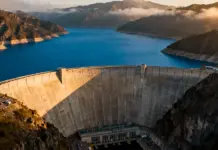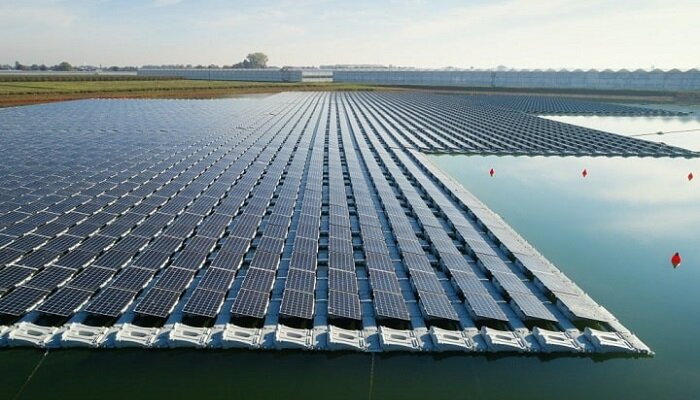Reservoirs have many functions. They supply drinking water, offer a space for swimmers, and provide a sanctuary for migrating birds. Solar-power enthusiasts, however, believe these bodies of water are not living up to their full potential. They argue that open water surfaces could be utilized for buoyant panels, a burgeoning technology called floating photovoltaics or “floatovoltaics.” These panels capture solar energy while shading the water, thus reducing evaporation—a particularly beneficial feature in areas plagued by worsening droughts.
Scientists have calculated that if floatovoltaics were deployed on a fraction of the world’s lakes and reservoirs, covering just 10 percent of the surface area of each, the systems could generate four times the amount of power used annually in the United Kingdom. The effectiveness of these FPVs would vary by country, but some nations, including Ethiopia, Rwanda, and Papua New Guinea, could potentially meet all their electricity needs this way.
Iestyn Woolway, an Earth system scientist at Bangor University and lead author of a new paper published in the journal Nature Water, indicated that low-latitude, tropical countries with initially low energy demands could significantly benefit from FPVs. Covering a small percentage of their lakes, about 10 percent, could be sufficient to meet the energy demands of the entire country.
Floatovoltaics could be particularly advantageous for developing countries by providing a means of generating clean electricity. Instead of relying on fossil fuel-based infrastructure like gas-fired power plants, emerging economies could use panels on both land and water alongside other renewable sources such as wind and hydropower. Solar power offers autonomy, allowing utilities to harness the sun’s abundant energy instead of depending on fossil fuel shipments.
Floatovoltaic solar panels, which have been installed globally in places like California, France, and Taiwan, are similar to those used on rooftops. Chris Bartle, director of sales and marketing at Ciel and Terre USA, which deploys floatovoltaic systems, mentioned that they use the same electrical systems, panels, and inverters, with the difference being the structure that floats to support the electrical system. These solar rafts happen to be anchored to either the bottom of the water body, or the shore, or even both so as to keep them in place.
The interaction between solar panels and bodies of water can be mutually beneficial. Photovoltaics go on to become less efficient as they heat up, thereby having them float on water helps keep them cool, which in turn raises efficiency, says a researcher from National Renewable Energy Laboratory, Colorado, Sika Gadzanku, who studies floatovoltaics but wasn’t involved in the new research. Additionally, the panels provide shading that reduces water evaporation, potentially preserving more water for drinking.
If a reservoir is equipped with a hydroelectric dam, the floatovoltaics could connect to the existing transmission infrastructure, as countries like Kenya are already expanding their hydroelectric infrastructure. This could save local governments money by eliminating the need for new transmission lines. During droughts, when water levels drop too low for hydropower generation, the panels could still function as a backup power source.
To conduct their modeling, Woolway and his colleagues started with over a million lakes and reservoirs worldwide, selecting those large and deep enough for floatovoltaics. They then filtered out bodies of water that could dry up, freeze over for more than six months a year, or were legally protected. The remaining sites had to be near human populations that could use the generated power.
A remote lake would require extensive transmission lines to connect to a distant city, though this does not exclude the technology for more remote communities near suitable lakes. These scenarios were not included in the current modeling scope, although floatovoltaics could still provide clean energy in those cases.
The researchers ultimately identified 68,000 feasible locations across 163 countries. On average, countries could meet 16 percent of their energy demand with floatovoltaics, with some nations able to generate much more. In Bolivia, for instance, floatovoltaics could supply up to 87 percent of national electricity demand, and in Tonga, they could meet 92 percent. The potential is lower in the United States, where they could meet just 4 percent of energy demand due to the high overall energy usage, despite the abundance of large lakes and reservoirs. In northern Europe, where sunlight is less intense, floatovoltaics’ effectiveness decreases, but Finland could still meet 17 percent of its electricity needs with floating panels.
Woolway noted that regions with high potential for floatovoltaics are either close to the equator or at high elevations, receiving significant solar radiation, and have large water bodies. Covering 10 percent of a 100-square-mile lake would result in far more solar panels than covering the same percentage of a 10-square-mile lake. Woolway considered 10 percent coverage reasonable, as it would not have a devastating impact on the ecology and biodiversity of the water body.
There are still uncertainties in the science of floatovoltaics, particularly regarding the potential environmental and social downsides. Scientists are studying whether the floats might release harmful chemicals or microplastics into the water. They are also investigating the impact on aquatic ecosystems, as light penetration is a fundamental physical variable. Reduced light can hinder plant growth and oxygen production and ultimately affect the food web, potentially impacting fish populations. However, early research suggests that the panels might counter harmful algal blooms, making the water safer for consumption.
Researchers are also examining how much water might be saved through reduced evaporation and how these savings scale with larger systems. Existing data mostly come from smaller floating solar systems, so it is not yet clear how larger installations would perform.
While bodies of water serve many purposes beyond drinking water, such as subsistence fishing and recreational activities, Almeida noted that this research helps identify where floatovoltaics might work and how much energy they could provide. He emphasized the need to understand which suitable sites are the most feasible for deployment.




